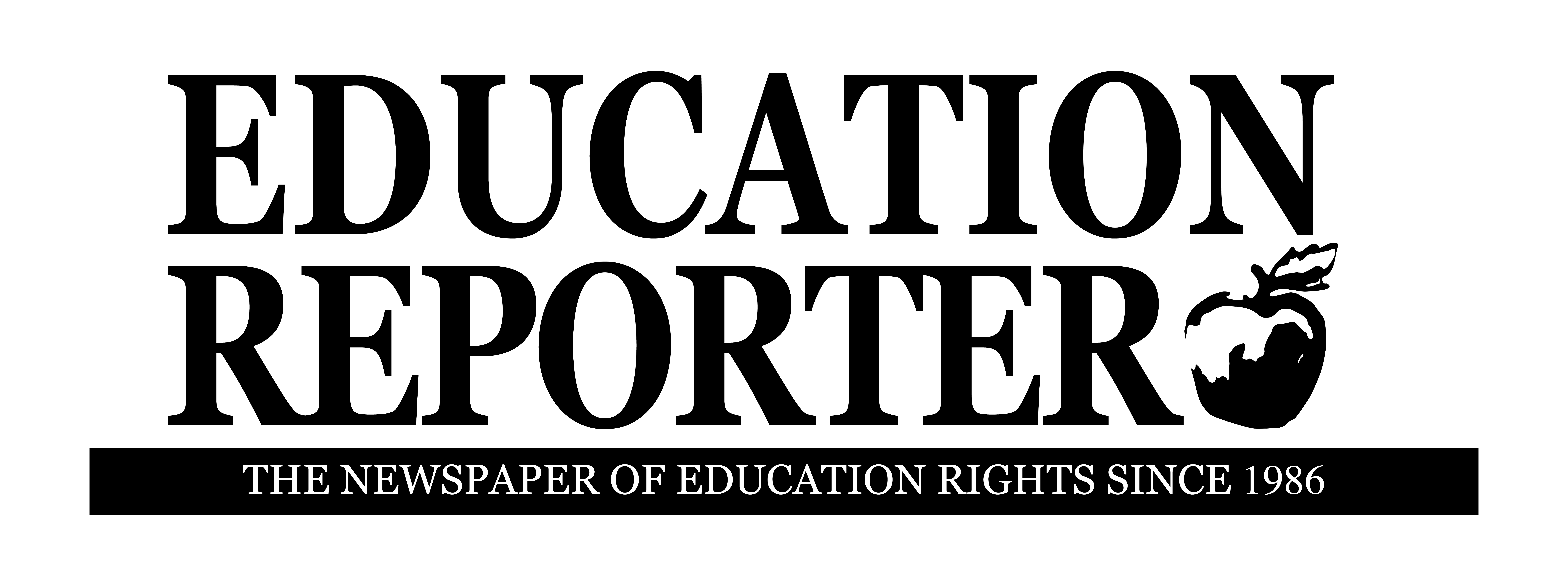Find the full issue of this month’s Education Reporter here.
Some wonder how much Christian students are allowed to celebrate Christmas at public schools or to share about their religious beliefs. Because it is important to know what rights students have at school, Education Reporter is again publishing the following fact sheet that was prepared by the Liberty Foundation.
The Liberty Foundation believes that “the most precious freedom” in our society is” religious liberty, our first liberty in the Bill of Rights.” They want to help parents and students to protect “against increasingly hostile legal threat to their freedom to believe and to act upon [their] beliefs.”
These rights hold true at elementary, middle, and high schools, as well as at public colleges and universities.
Today it is even more important for students, parents, grandparents, and the public to help children know their freedoms than it was when this was first shared in December of 2015. The election of Donald Trump has helped bring “Merry Christmas” back, but many schools are still hostile to youngsters of faith. Events at schools that have taken place in recent years prove that we need prayer and hope in our schools more than ever. Please share the truth widely and often.
25 Surprising Facts About Religious Rights in Public Schools
- Students and educators do have First Amendment religious rights inside public schools.
- Students can speak about their faith even when teachers must be neutral.
- Schools cannot treat religious activity differently than other activity.
- Students can pray during lunch, recess, or other designated free time.
- Students can pray silently during a school’s moment of silence.
- Students can read the Bible or other religious materials at school.
- Students can share their faith with fellow students.
- Schools can acknowledge religion.
- Students can pray, either individually or as a group, at school athletic competitions, student assemblies, or other extracurricular activities when school officials are not involved in the prayer.
- In many cases, a school district can allow student-led prayer before an athletic competition (such as a football game), a student assembly, or other extracurricular event as part of the school program.
- Students can pray at graduation ceremonies or include religious content in their speeches.
- A public school can refer to “Christmas” and have a “Christmas party” if the intent is not to advance Christianity.
- Public schools can display Christmas decorations if the intent is to teach and not part of a religious exercise.
- A public school can include religious Christmas music, art, or drama in a school play or performance if it is used to teach history or cultural heritage and not to advance a particular religion.
- Students can give out Christmas gifts with religious messages at school parties.
- Students can incorporate their faith or religion in classroom and homework assignments under normal and appropriate circumstances.
- A public school district cannot be hostile toward religious beliefs.
- Teachers and other public school employees can discuss religion with students under many conditions.
- Teachers and other public school employees can discuss religion with other teachers or other school employees.
- A public school or a teacher cannot limit religious speech by students unless they limit other speech.
- Students can have a religious club at their school.
- Religious student groups can meet on campus whenever other non-curricular clubs can meet.
- Religious clubs can use the same school resources available to non-religious clubs (e.g., school facilities, bulletin boards, public address systems) to promote or facilitate club events.
- In most states, teachers or other public school employees may attend a religious student group’s meeting in a supervisory role.
- Members of religious student clubs can distribute flyers about meetings and events just like non-religious clubs.
__________________________________________
The Liberty Institute is “a legal powerhouse for religious liberty,” the largest legal organization dedicated solely to defending and preserving religious liberty in America. Liberty Institute offers a variety of Religious Liberty Protection Kits that outline the fights of churches, those in the military and other workplaces, and those involved in Christian schools and ministries. More information can be found at www.ReligiousLibertyProtection.com and LibertyInstitute.org.
Find the full issue of this month’s Education Reporter here.






